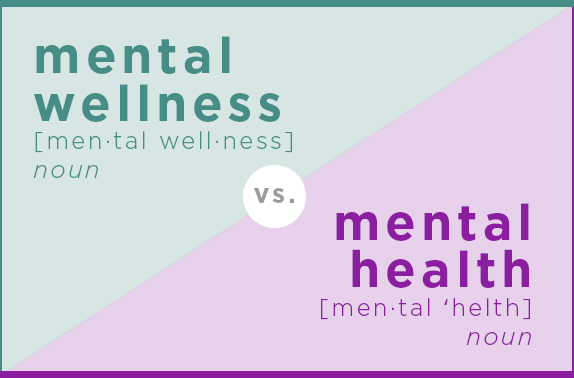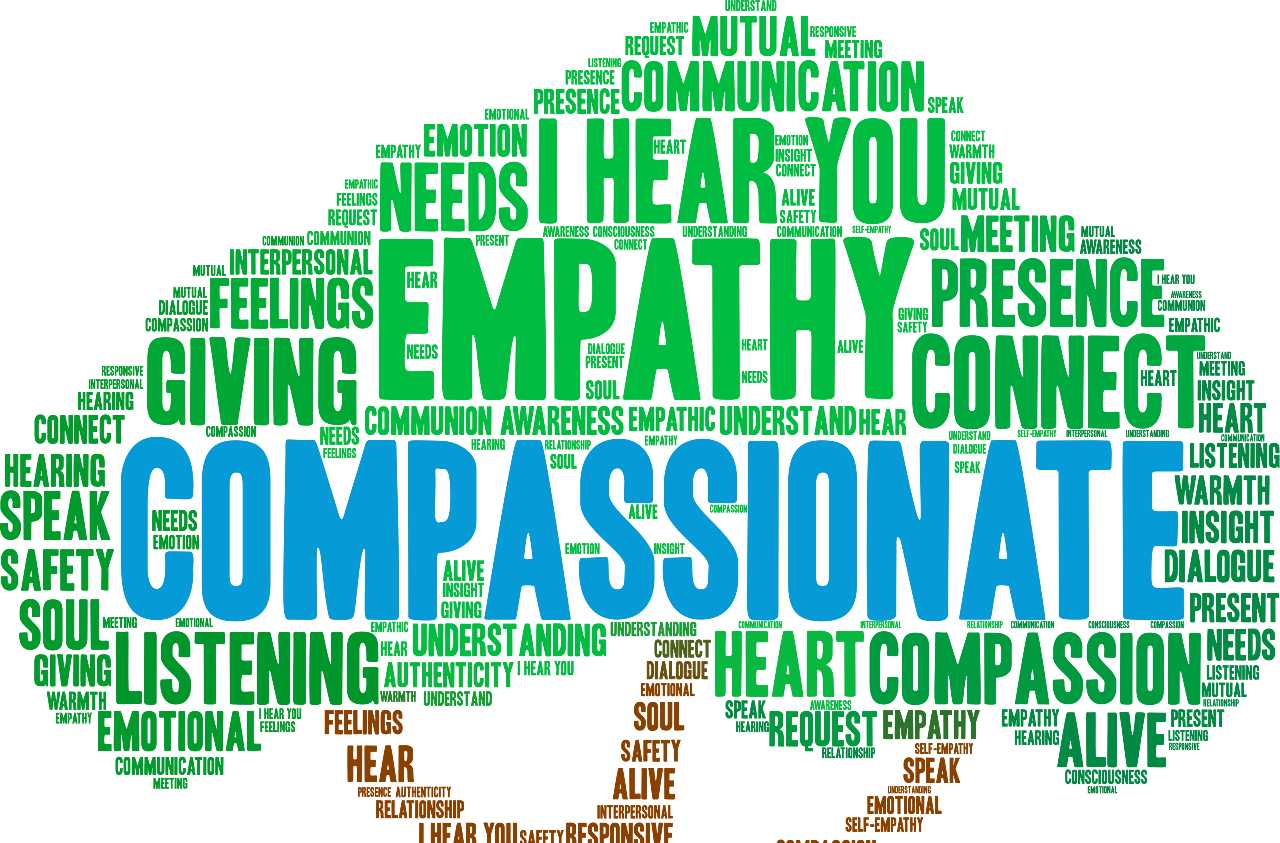February | Revive The soft wind sends message for thy flower, while the rain washes away the Spring dust. — Shen Fu, 1808 COMPLY WITH THE SEASON, ENCOUNTER THE SPRING “LI CHUN,’ THE BEGINNING OF SPRING FEBRUARY 3, 2021 IN THE YEAR OF THE GENG ZI (YEAR OF THE RAT), THE 22ND DAY OF THE TWELFTH LUNAR MONTH Since the establishment of the “healthy…





























































